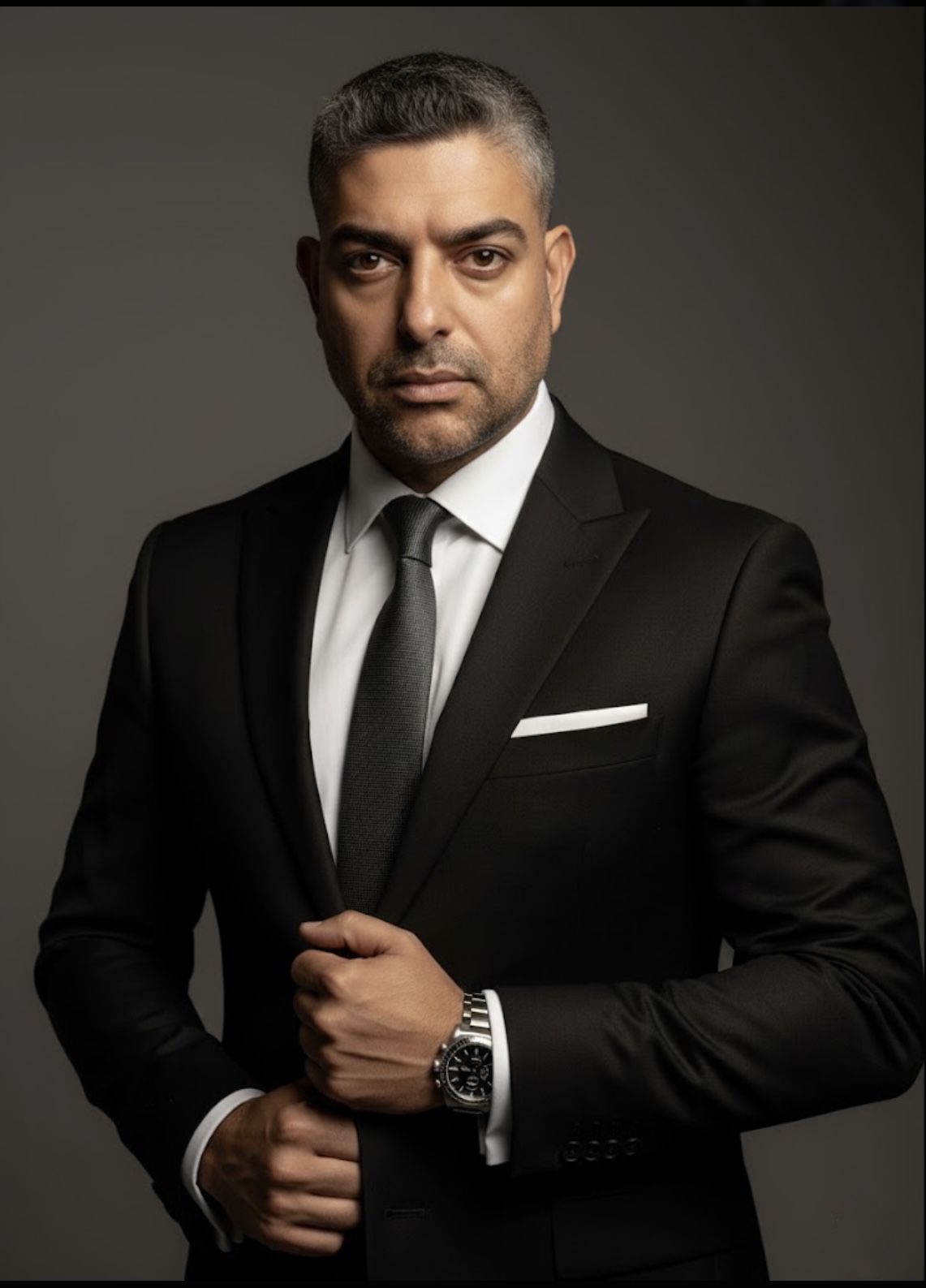Therapy: The Toolkit I Didn't Know I Needed
- Damien Blaauw

- Jan 7, 2025
- 4 min read

I used to be skeptical—even dismissive—about seeing psychologists, psychiatrists, or engaging in therapy of any sort.
Like many, I subscribed to the belief that therapy was for the fragile, a cultural narrative that champions "toughing it out" over seeking help. Little did I know, this mindset was not only misguided but limiting. Like many, I viewed it as unnecessary, something for the overly sensitive or those unable to manage their own lives, but life has a way of humbling us.
It was only after my first divorce that this perspective began to shift. I found myself in an emotional upheaval, forced to confront feelings and experiences I had long swept under the proverbial rug. Therapy became less of an option and more of a lifeline. I must say that what I discovered changed the way I viewed not only mental health but also the courage it takes to face oneself.
In those early sessions, I resisted the process. Talking about my vulnerabilities, my disappointments, and my mistakes felt unnatural and, at times, deeply uncomfortable, but as the sessions unfolded, I began to notice patterns I had unknowingly set in motion throughout my life. I realized that avoiding pain only postponed its impact, sometimes intensifying it along the way. Through those moments of realization, I came to understand the true purpose of therapy: not to fix me, but to equip me with the tools I needed to address life’s challenges head-on.
I remember one particular therapist who pointed out a harsh reality I had been reluctant to admit. "You didn’t sign up for the constant disrespect from your partner’s child," she said. It was like a light bulb went off. I realized I had been bending over backward, trying to accommodate a situation that was eroding my sense of self-worth.
Another therapist challenged me to reflect on what I gained from being in a specific relationship: “Does this add value to your life, or is it draining you?”
These weren’t just questions; they were wake-up calls—shifts in my thinking that forced me to reevaluate my choices and boundaries.
Therapy didn’t just stop at relationships. It compelled me to confront my ambitions, or lack thereof. I was asked to visualize my career progression, my dreams, and the life I wanted to create for myself. For years, I had accepted life as it came, a relentless and unforgiving force, believing I had no control over its outcomes, but therapy showed me that while life does throw curveballs, I held the power to decide how to catch them—or whether to dodge them entirely.
One of the most profound lessons I learned in therapy was that unresolved trauma doesn’t disappear just because you ignore it. It waits—sometimes for years—until you’re vulnerable enough to face it or weak enough for it to resurface unbidden.
Therapy became my toolkit for navigating these moments. It gave me strategies to heal—not in one grand swoop, but piece by piece. It taught me patience with myself, an ability to forgive my past mistakes, and a sense of empowerment to build a better future.
Yet, despite all the progress I made, I faced judgment from others. Seeking therapy, particularly as a man, was viewed by many as a sign of weakness. “You should be able to handle your own problems,” they’d say, as if stoicism were the hallmark of strength, but those criticisms no longer held any weight for me.
They didn’t see what I saw—how confronting my pain and vulnerabilities made me stronger, more self-aware, and ultimately more compassionate. To those who judged, I could only feel pity. They were deprived of the transformative experience therapy could offer, clinging instead to a misguided sense of pride or invulnerability.
The stigma surrounding therapy is one of the most unfortunate barriers to good mental health. It prevents so many from seeking the help they desperately need, often allowing their wounds to fester until the damage becomes irreparable, but the truth is, therapy isn’t a sign of weakness; it’s an act of courage. It’s choosing to face your demons instead of being ruled by them. It’s deciding to heal for the sake of your own well-being and that of the people you love.
Today, I stand firm in my belief in the power of therapy. It’s not just an individual journey but a collective one. One sees that when people invest in their mental health, the ripple effects extend to families, workplaces, and communities.
Therapy fosters healthier relationships, promotes empathy, and contributes to a more compassionate and understanding society. In addressing our personal struggles, we create a foundation for collective healing and progress. It’s more than just talking—it’s unraveling, understanding, and rebuilding. It’s a journey of self-discovery and acceptance, a tool for growth that doesn’t just treat the symptoms but addresses the root causes of pain and dysfunction. The lasting effects of therapy are evident in the way I approach life now—with more clarity, resilience, and intention, albeit that I do get stuff wrong from time to time.
So to anyone who hesitates, afraid of what others might say or think, I urge you to step forward. Let go of the stigma and embrace the opportunity to heal. There is strength in seeking help, wisdom in learning, and profound transformation in understanding yourself. Therapy changed my life, and it can change yours too.
We should always be aware that the traumas we have are simply still there because we choose not to deal with them.
The key to unlocking the toolkit is within your grasp, you have only to take the first step.






Comments